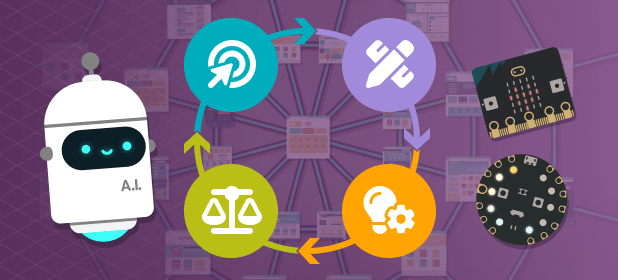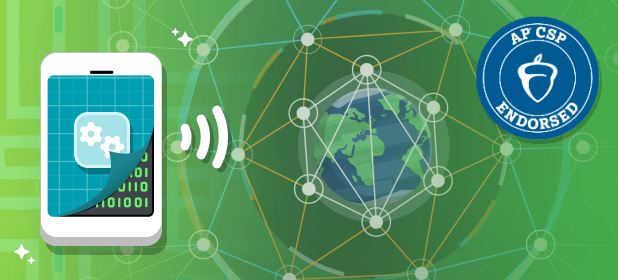Teach
About
Privacy & Legal
Today, there are over 110 million Farsi speakers worldwide. While the majority of native speakers live in Iran, Afghanistan, and Tajikistan, there are millions living as immigrants, migrants, and refugees around the world. With the Code.org in Farsi initiative, Farsi-speaking students will have the same access to our curricula that is already available to students in all other major languages of the world.
Support Code.org in Farsi
When you think of an algorithm, you may assume it's something new, but the concept of an algorithm was discovered in Iran over 1300 years ago. “Algorithm” is named after its inventor, the mathematician Al Khwarizmi, who lived in the land formerly known as Persia and now known as Iran. Once the epicenter of mathematics, science, philosophy, and medicine, Iran has made profound advances and impacts in technology.
Beyond the borders of the country itself, Iranians around the world have contributed in countless ways to science and technology — as co-founders or CEOs of technology companies such as Uber, eBay, Intuit, and Dropbox, or inventing technologies such as LASIK surgery or JPEG compression, or in scientific, academic, or engineering roles around the globe.
Finally, Code.org is led by Iranian American Hadi Partovi and has grown to become one of the largest education nonprofits globally.
Thank you to the following prominent Iranian American leaders who have come together to support computer science education, with a lead gift to Code.org in Farsi:
We invite you to celebrate Iranian contributions in technology by supporting Code.org and computer science education so that every student in every school has the opportunity to learn computer science.
Support Code.org in Farsi




Sign up to learn more about this specific project and get updated on its staged release dates.
If you'd like to support this initiative or learn more, please contact us or donate below.
Donate onlineAs a U.S. nonprofit, Code.org is subject to laws regarding sanctions with Iran. After consulting with U.S. legal counsel experienced in the Iranian Sanctions and Translations Regulations (ITSR), Code.org believes that it may fund, prepare, and distribute the Farsi Translations of CS Curriculum in the United States and elsewhere around the world, including within Iran. The ITSR provides an exemption for “information and informational materials” (the IIM Exemption) and Code.org believes that this exemption will fully shield its funding, preparation, and distribution of the Farsi Translations and thus enable its Farsi Translations effort to proceed in full compliance with U.S. economic sanctions requirements.